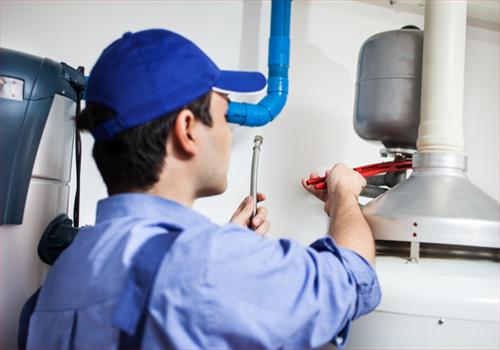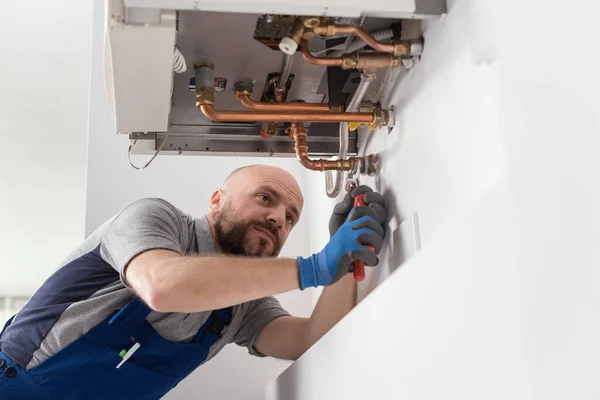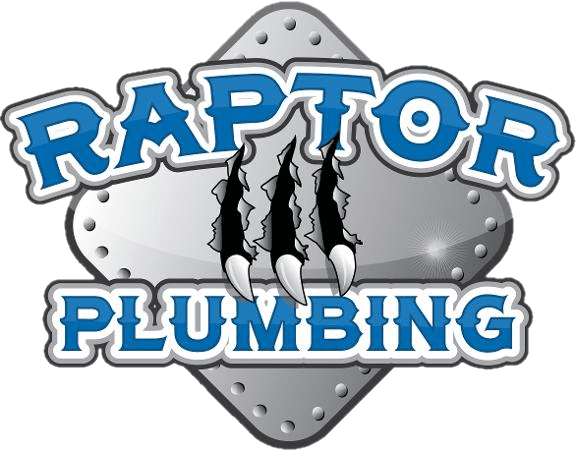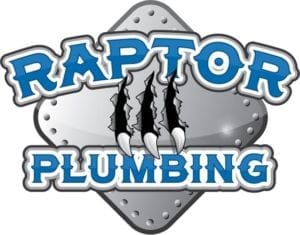Gas plumbing is the backbone for powering numerous appliances in residential and commercial settings, yet it harbors inherent safety risks. This comprehensive guide’ll delve into crucial safety procedures and best practices to safeguard properties and occupants alike.
Understanding Gas Plumbing Hazards:
Gas plumbing presents various hazards, including the potential for leaks, explosions, and carbon monoxide poisoning. Recognizing these risks is paramount for implementing effective safety measures and preventing potentially catastrophic accidents.

Safety Procedures for Gas Pipe Installation:
Properly installing gas pipes is fundamental in averting leaks and maintaining the system’s integrity. Essential safety procedures entail meticulous pressure testing, the use of suitable materials, and strict adherence to local building codes and regulations.
Best Practices for Gas Appliance Maintenance:
Regular maintenance of gas appliances is indispensable for upholding efficiency and safety standards. Recommended practices encompass thorough inspections to detect and address potential leaks, routine cleaning of burner components, and ensuring adequate ventilation to mitigate the risk of carbon monoxide buildup.

Emergency Response Protocol for Gas Leaks: I
In the event of a gas leak, swift and decisive action is imperative to minimize potential hazards. Emergency response protocols necessitate prompt evacuation of the premises, immediate shut-off of the gas supply, and expedient contact with emergency services to mitigate risks and safeguard lives and property.

